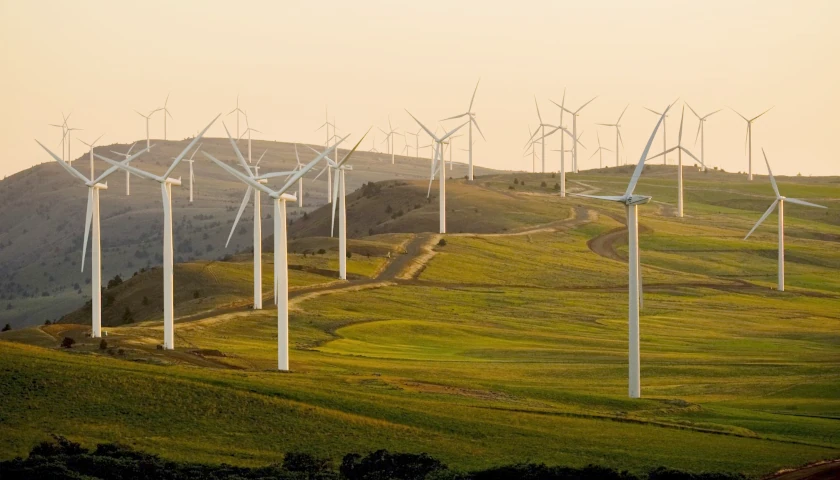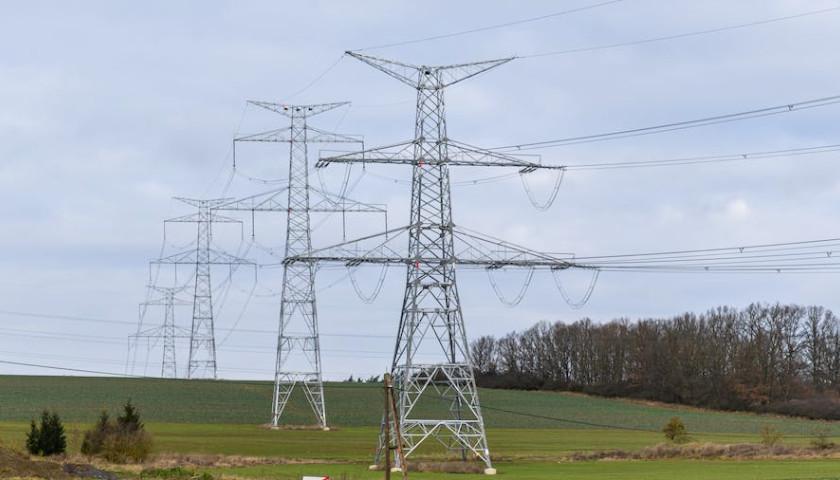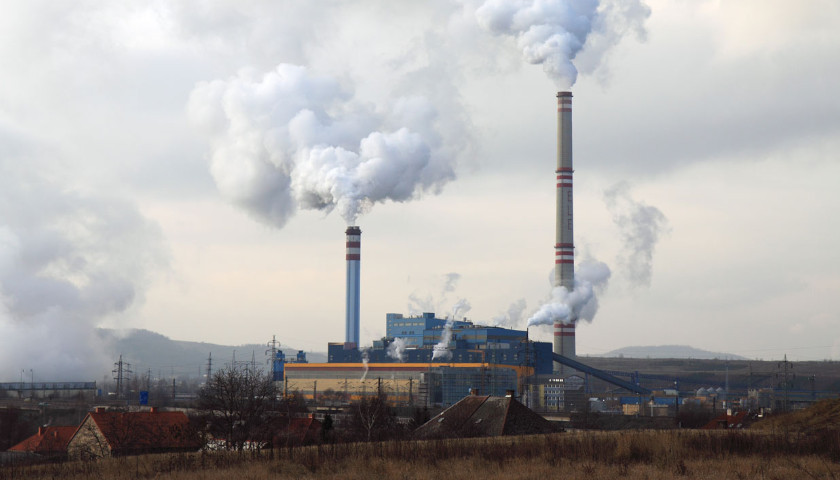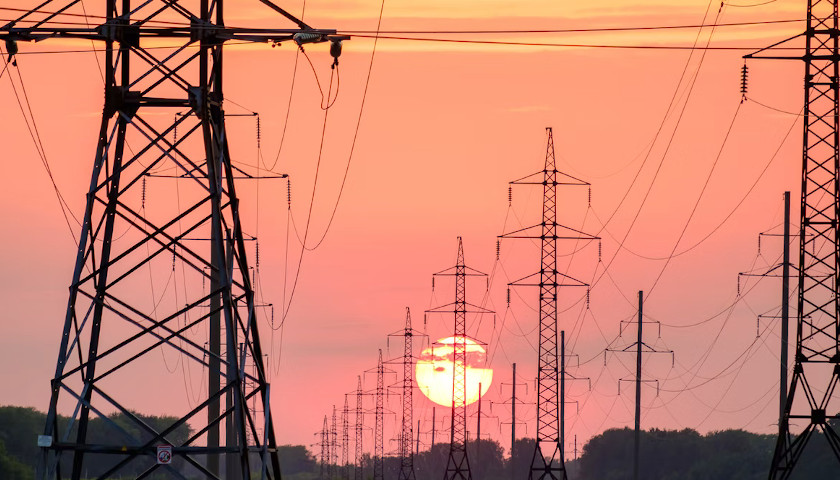A new study by a state government has determined that the many new regulations of the Biden Administration’s Environmental Protection Agency (EPA) could lead to power blackouts that will impact millions of American citizens.
According to the Washington Free Beacon, the study, conducted in May, was carried out by the firm Always On Energy Research, on behalf of the state government of North Dakota. The report concluded that the EPA’s most recently-implemented regulations are not technologically feasible and will only lead to the forced retirement of coal power generation units. Coal and other more reliable forms of energy will be replaced by unreliable energy sources, such as wind and solar, which are heavily dependent upon seasons and the weather.
Read the full story





